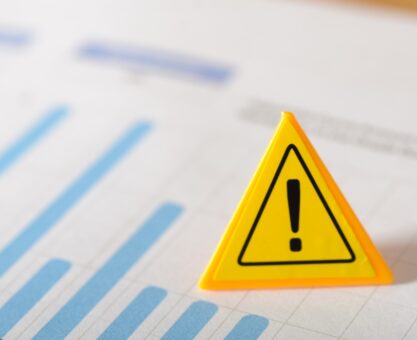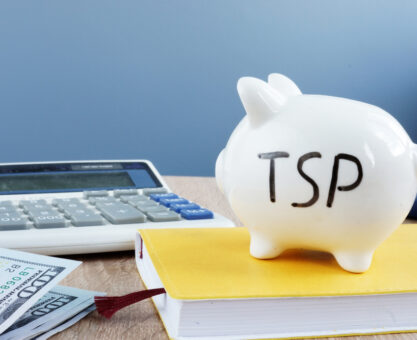There are a number of reasons why taking out a Thrift Savings Plan (TSP) Loan may seem attractive to federal employees. With interest rates climbing, the interest on a TSP loan is usually lower than commercial lender rates.
Since you’re taking out a loan against your own TSP balance, it has no affect on your credit score. And, with automatic loan payments made with payroll deductions , you’ll never miss a payment. However, if you’re closing in on retirement with a significant balance due on your TSP loan, there are a number of drawbacks to consider.
How Much Can You Borrow With A TSP Loan?
There are two types of TSP loans. A General Purpose loan can be used for any reason and the repayment period is 12 months to 60 months. A Primary Residence loan has a repayment period of 61 months to 180 months. And you must submit documentation within 30 days to show the costs required to either purchase your primary home or start construction. For both types of loans, the TSP caps the loan amount at half of your balance or $50,000, whichever is less.
“At the end of the day, retiring with an outstanding TSP loan is not a good idea. Do everything you can to pay it off before retirement.”
The Consequences Of Retiring With A TSP Loan
If it looks like you’ll have an outstanding balance on your General Purpose or Primary Residence loan when you retire, do what you can to pay it off in full before you officially separate from service.
Once retired, your TSP loan has to be paid back within 90 days. If you’re unable to pay off the loan in full within the 90-day window, the amount you owe is considered a distribution from your TSP account and subject to federal income taxes.
If you live in a state that taxes TSP distributions as income, you’ll be paying even more in taxes. Add to this, with the amount of your balance added to your taxable income, you may end up owing more taxes on your Social Security retirement benefits.
You’re Paying Back Your TSP Loan With After-Tax Dollars
When you set up a TSP loan repayment plan, you’ll be using after-tax dollars to pay back the loan and interest. This means you’ll have to pay taxes on the same funds again when you take distributions from your traditional TSP in retirement. At the end of the day, retiring with an outstanding TSP loan is not a good idea. Do everything you can to pay it off before retirement.























